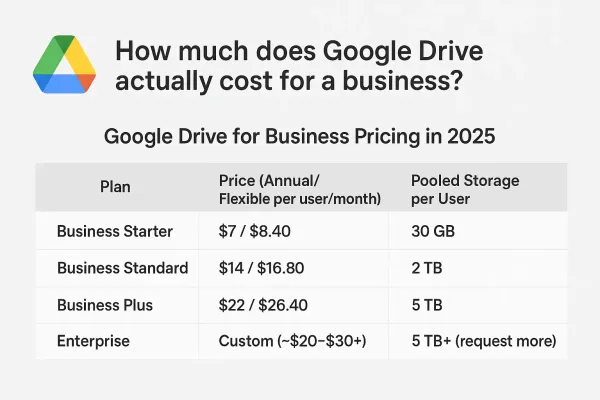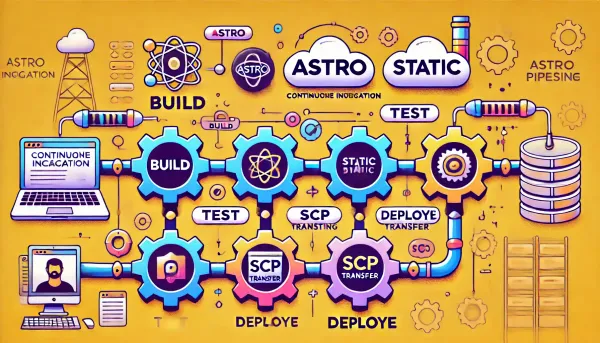Astro vs SvelteKit: Which Framework Should You Choose?
Astro vs. SvelteKit: Which framework is best for your next project? Strengths, use cases, and unique features of Astro and SvelteKit to help you decide whether to prioritize speed, static content, or dynamic interactivity for your website.

One of the most common questions among developers is whether to choose Astro or SvelteKit for their next website project. Both frameworks are great and offer unique advantages, but they cater to slightly different needs and use cases. In this article, I'll provide a brief introduction to both frameworks and share my thoughts on when to use each.
Introduction to Astro and SvelteKit
What is Astro
Astro is a modern static site generator designed for speed and simplicity. It emphasizes delivering highly optimized, mostly static websites with minimal JavaScript. Astro allows you to integrate UI frameworks like React, Vue, or Svelte when needed, it also integrate some sort of SSR, but its core strength lies in generating static content that loads blazingly fast.
What is SvelteKit
SvelteKit, on the other hand, is a full-stack application framework built around Svelte. It offers powerful features like server-side rendering (SSR), static generation, client-side routing, and seamless hydration. SvelteKit is an excellent choice for building dynamic, highly interactive web applications.
My Take on When to Choose Each Framework
Here are some practical considerations to help you decide between Astro and SvelteKit:
When to Prefer SvelteKit
You need server-side rendering (SSR): If your project relies heavily on SSR for SEO, dynamic data fetching, or personalization, SvelteKit is the better choice. Its SSR capabilities are robust and easy to implement. Your website requires many UI components: SvelteKit excels when your project involves complex or interactive user interfaces. You can use Svelte components natively without any additional setup or complexity. You want an all-in-one framework: SvelteKit is more than just a static site generator. It provides client-side routing, data fetching, and seamless transitions—all baked in, making it a complete solution for dynamic web apps.
When to Prefer Astro
Your website is mostly static: If the majority of your content is static, like blogs, documentation sites, or marketing pages, Astro is the way to go. It generates highly optimized, pre-rendered HTML that loads incredibly fast. You don't need many UI components: For simpler websites with minimal interactivity, Astro keeps things lightweight and avoids the overhead of a full framework. You can still integrate a UI library if needed, but Astro works great with just vanilla JavaScript. Performance is a top priority: Astro’s approach to partial hydration ensures that only the necessary JavaScript is sent to the browser, leading to faster load times and better performance.
Flexibility in Both Frameworks
While these guidelines can help you decide, it's worth noting that both frameworks are flexible enough to handle the other's strengths with some effort.
Ultimately, the best choice depends on the specific requirements of your project. If you're building a static site with minimal interactivity, Astro's simplicity and performance are unbeatable. If you're creating a dynamic, UI-heavy application, SvelteKit provides a seamless development experience. — With these insights, you should have a clearer idea of which framework aligns with your project's needs. Both Astro and SvelteKit are powerful tools in their own right, and either can lead to a successful, well-performing website.



